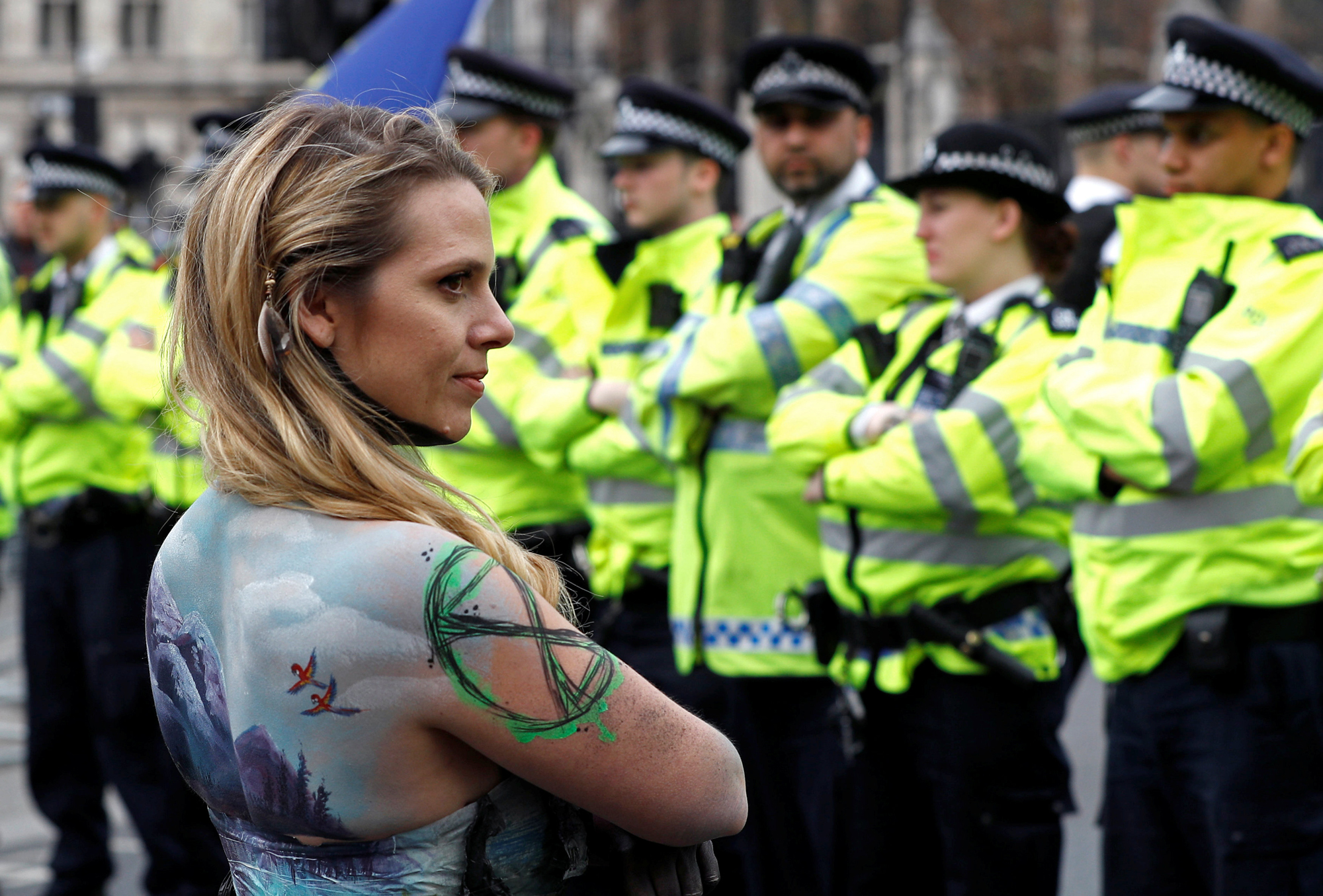Easter visitors to London have found some streets and buildings occupied by "Extinction Rebellion" activists, warning of climate catastrophe and rejecting "a failed capitalist system." Followers of central bank thinking have seen the governors of the Bank of England and Banque de France warning that climate-related risks threaten company profits and financial stability.
Both interventions highlight the severity of the climate challenge that the world faces. But warnings alone won't fix the problem unless governments set ambitious but realistic targets to eliminate carbon dioxide and other greenhouse gas emissions, backed by policies to ensure the targets are achieved. Zero net CO2 emissions by 2050 at the latest should be the legally defined objective in all developed economies.
The central bank governors' statement, together with steps to require clearer company disclosure of climate-related risks, has fueled optimism in some quarters that a free-market solution is possible. With falling renewable-energy costs threatening to leave fossil-fuel companies with loss-making "stranded assets," well-informed investors will, it is hoped, withdraw funding from companies still searching for new oil or gas reserves or from automotive companies still committed to gas-guzzling SUVs.


















With your current subscription plan you can comment on stories. However, before writing your first comment, please create a display name in the Profile section of your subscriber account page.